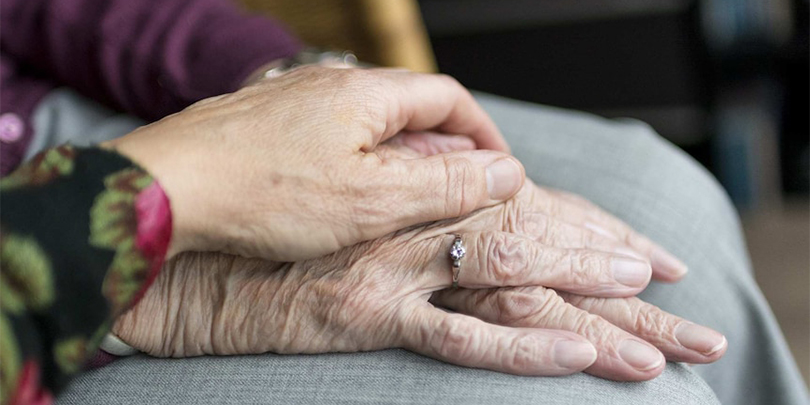
The Senate has passed sweeping changes to the aged care system that will see residents and in-home care recipients pay more. Source: ABC News.
The Government bill, which also enshrines new legal rights for aged care recipients and principles to guide those who manage the system, passed last night after several amendments.
It will impose a means-tested resident fee of just over $100 a day, named the “non-clinical care” fee to reflect its purpose of funding food and other amenities.
It will also boost the maximum accommodation charge for residents and will see three in 10 full pensioners and three in four part pensioners pay more.
The bill will also revamp the in-home care system, re-conceiving it as an NDIS-style “budget” which can be spent on approved services, rather than a prescribed “package”.
All changes will only apply to those who are not yet in the aged care system, including a carve-out for those currently on care waiting lists.
The Coalition had agreed in principle to the new structure earlier this year, but this week sought changes including short-term reviews of the operation of the new law, and a faster process for considering the future of the accommodation bond.
The amended bill will need to be ticked off in the lower house next week before it can become law.
A key rationale for the bill is to rebalance the cost of aged care from taxpayers to residents. At present, the Government pays $3.30 for every $1 paid by recipients of residential care and $7.80 for every $1 paid by recipients of home care.
Aged care is one of the fastest-growing areas of government expenditure, a trend set to continue as the large Baby Boomer cohort begins to enter the system. The new structure will save the budget $12.6 billion over 11 years.
FULL STORY
New aged care fee structure passes Senate, imposing higher fees on some future residents (By Tom Crowley, ABC News)






